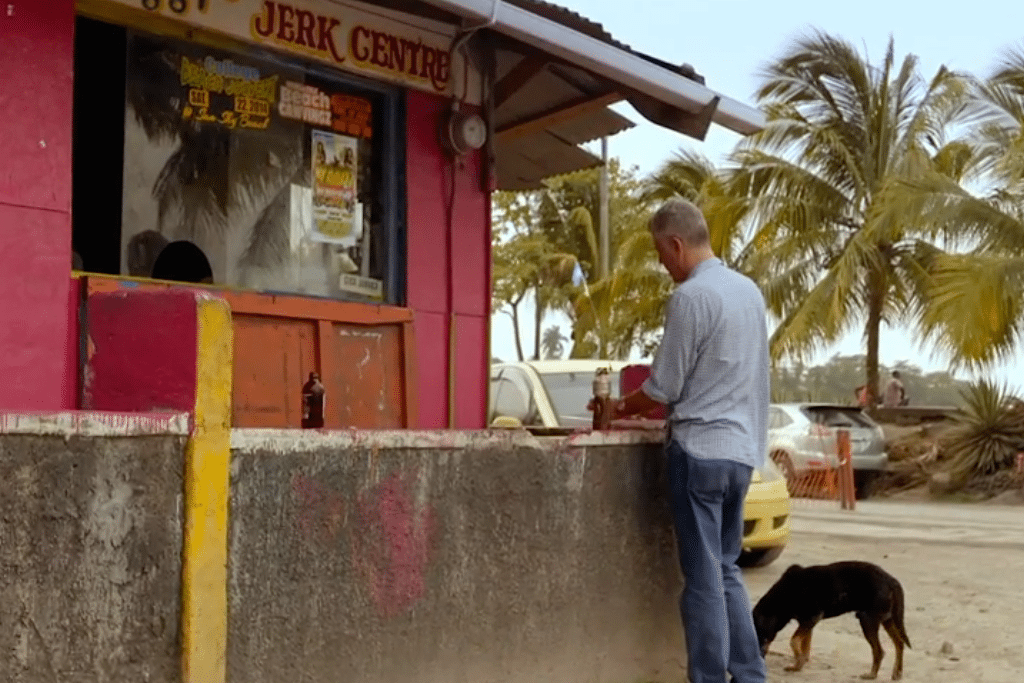Anthony Bourdain’s ‘Parts Unknown’ Episode 8: An Unvisited Side of Jamaica

Skift Take
Jamaica is the perfect example of a destination that's become more focused on servicing tourists than it is taking care of its residents, a dangerous shift in priorities that will have a tremendous impact on the quality of life and livelihoods of future generations.
When most people talk about taking a trip to Jamaica, they're referring to the all-inclusive resorts surrounding Montego Bay on the western side of the Caribbean nation.
In search of what parts of real Jamaica still exist, Anthony Bourdain and the Zero Point Zero crew head to the northeastern part of the country for the season finale of Parts Unknown.
The primary discussion throughout the episode is the impact such a commercial form of tourism has had on what can be accurately described as paradise. Visuals of a large ma
